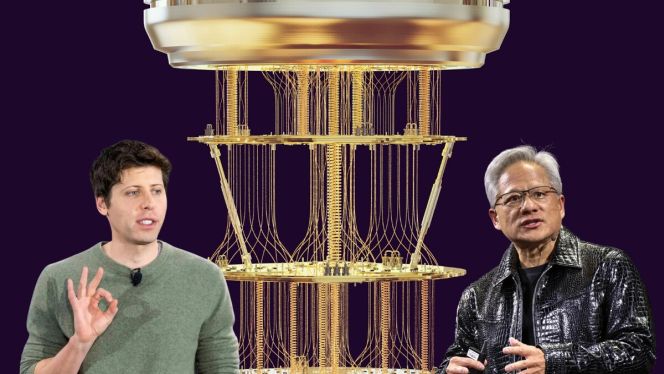TECH NEWS – Quantum computing promises a revolution in technology, yet even those leading the charge aren’t convinced. Despite massive investments, it may take decades before we truly understand its potential.
The explosion of AI development has pushed major tech firms to look at quantum computing as the next game-changer. NVIDIA’s CEO, Jensen Huang, has become more optimistic in recent months, but he, along with other industry voices, continues to advise caution. While quantum computing has existed since 1981 as an alternative to classical systems, its mainstream breakthrough remains elusive—mainly due to astronomical prices and limited applications. A quantum machine might cost over €50,000 and still struggle to run Doom.
What Lies Ahead for Quantum Computing?
Some countries have tried to position themselves as pioneers—like Iran, which claimed to reveal the world’s smallest quantum chip, only to be debunked when it turned out to be a common development board sold on Amazon. Still, the synergy between AI and quantum computing continues to drive interest. Huang insists that while NVIDIA doesn’t depend on quantum tech, it’s worth investing in for the long run. Yet a recent survey found that 75% of AI experts don’t believe added computing power will result in more intelligent AI.
The appeal of quantum computing lies in its ability to process countless operations in parallel, evaluating millions of outcomes in seconds. However, scaling AI models yields diminishing returns. While Microsoft, Google, and Amazon turn to nuclear power for their server farms, OpenAI seeks cheaper alternatives to manage escalating costs.
NVIDIA Still Believes in the Quantum Path
Recent versions of OpenAI’s models show only marginal improvements. Moreover, 80% of surveyed experts argue that Artificial General Intelligence should be publicly controlled—even if developed privately—to prevent dangerous scenarios stemming from uncontrolled AI growth. As a result, regulatory discussions are intensifying.
Meanwhile, experiments to enhance quantum capabilities are expanding. One such development is the use of fiber optics to significantly boost processing performance. Reuters reports that NVIDIA is setting up a quantum research facility that will work alongside Harvard, MIT, and Quantinuum. According to Huang, the center is expected to open this year. Although quantum systems aren’t yet outperforming GPUs in key tasks, they’re poised to play a critical role in shaping AI’s future.
Source: 3djuegos
















Leave a Reply